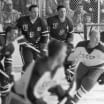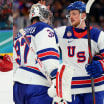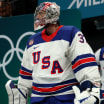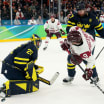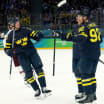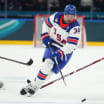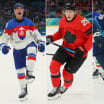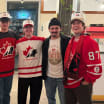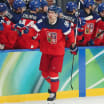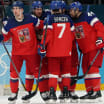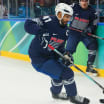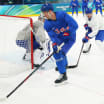Regardless of how high he ranked at his best, Doan's career isn't remarkable for the height of its peak but for how long it was sustained and how much that meant to a franchise that was otherwise devoid of top talent.
Starting with his promotion to a top-six forward in 1999-2000, Doan finished among the top three on the Coyotes in scoring for 13 consecutive seasons. Since 1999-2000, Doan scored at least 20 goals in a season 13 times, tied with Patrick Marleau for third behind Jarome Iginla and Marian Hossa, who each has done so 15 times in that span.
Doan led the Coyotes in scoring seven consecutive seasons from 2003-11. During this time, he scored 455 points (181 goals, 274 assists) in 550 games, which was 291 more points than defenseman Ed Jovanovski, who was second on the Coyotes with 164 points (47 goals, 117 assists) in 332 games.
That was the largest gap between first and second place in the NHL, ahead of Iginla, then of the Calgary Flames (288 points), and Alex Ovechkin of the Washington Capitals (260 points). Although Doan's scoring peak may not have reached the same heights as Iginla's, his longevity certainly has, and his value to the Coyotes was just as significant.
As one of the most versatile power forwards in the League, not all of Doan's contributions can be measured in terms of goals and assists. In addition to hitting, scoring, and playing with the man-advantage, Doan could be trusted in all three zones and against various levels of opponents, could take a regular shift killing penalties, was 12 for 40 in the shootout, and had positive shot-based metrics relative to his team each of the past eight seasons that the information has been available.
Doan also played a key leadership role as captain of the Coyotes from 2003-17. Even in his final season, Doan proved his value by helping to develop rookie forwards Brendan Perlini and Christian Dvorak on an effective third line.
Some players establish their place in hockey history with scoring records and trophies. Others, like Doan, have earned their place among the game's greats by having a consistently significant impact to his team in the long term.

